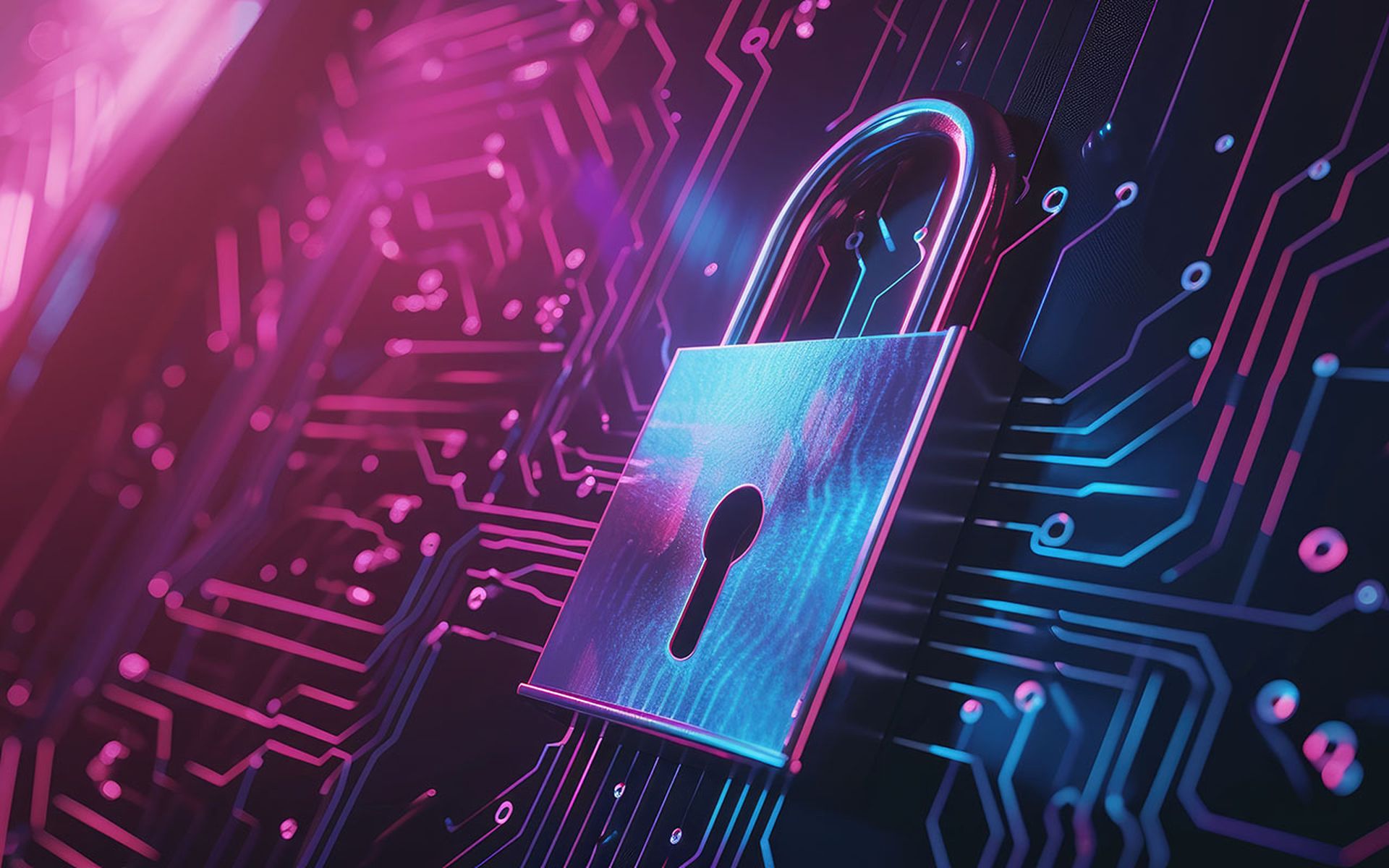When I blogged recently about some data protection issues, I was asked about by Slovenian television (Sharing versus Security: Driving without Brakes). A comment to the article made a number of good points, but in particular drew my attention to the fact that Skype lets your contacts know when you're online, which the commenter considered to be "extremely invasive." I'm not a regular on Skype, but that sounded off-key enough to look into.
It turns out that it's not as bad as it sounds. Although Skype does default to showing that you're logged in, it offers a fair number of alternative settings.
| Skype | Typical IM client |
| Online | Available |
| Away | Away |
| Do Not Disturb | Busy |
| Invisible | Appear offline |
If you ring me on my land line and I don't choose to pick up, that tells you nothing about me except that I didn't pick up. It doesn't tell you whether I'm out, at home but asleep, feeling grumpy and don't want to talk to anyone, or that it's just you I don't feel like talking to. Yes, I mean you, Mr. Caller Withheld. Even email allows me to respond when I'm ready, as long as I remember to turn off "automatic read" receipts. More modern services, however, seem to insist that I either tell you I'm there but not responding, or, like the "invisible" option, requires me to lie about my availability. Perhaps only a security researcher with ethics and a heightened sense of detail is going to see that as a problem, but it doesn't feel right.
Of course, I don't have to logon and use these programs (indeed, I don't, most of the time), but that means prioritizing my privacy over the occasional convenience of an unexpected but pleasurable contact. It feels like a small but significant invasion of privacy. The expectation is that I'll indicate my availability at all times.
I can live with the "lie about your status" option, but I'd rather have an "opt out of indicating availability" option. Since this doesn't seem to bother most people at all, maybe it could be called the "privacy obsessive" or "dinosaur" option.



